Last week, the Supreme Court allowed Texas to enact a law effectively banning abortion beyond six weeks. This is devastating to people whose right to bodily autonomy has been shattered by this decision, and it does not bode well for the challenge to Roe v. Wade out of Mississippi this past year. At least a dozen states have attempted to enact similar bans in the past and been blocked by Roe. Texas is the first state to successfully put such harsh restrictions in place, and it sets a frightening precedent for other states to follow suit.
This ban will disproportionately affect people of color, especially Black people. Marcela Howell, President of the reproductive justice organization In Our Own Voice, notes that “Black women already face barriers to accessing reproductive health care, the kinds of barriers that can delay abortion care until the second trimester. Now, the safest, most common abortion procedure used in the second trimester will be unavailable in Texas.” Banning abortion after six weeks is effectively a total ban--many people don’t even know they’re pregnant at the six week mark. Access to abortion is a human right, necessary healthcare and essential to bodily autonomy.
Indigenous folks have also long struggled to access abortion due to resource scarcity at the Indian Health Service (IHS)--a fact made all the more painful given the IHS’s history of forcibly sterilizing Indigenous women. The United States has a long history of seeking to control and restrict the reproductive decisions of BIPOC folks, limiting access to abortion while simultaneously failing to enact laws that prioritize holistic reproductive care is just the latest example. The TX legislature is already moving to ban Plan B, and it’s not much of a leap to see that they will try to ban birth control after that. They have been aiming for this moment for 50 years and now that the levers are in place they are going to move very quickly. They are crystal clear about why they are doing this and to whom, so we need to get crystal clear on how we fight. The law will not stop abortion - only safe abortion.
While we encourage you to support the fight in Texas, we also ask that you channel your energy into considering what we might do in NY to better facilitate access to abortion and other reproductive healthcare. As Chris Love, the Board Chair of Planned Parenthood Advocates Arizona commented in a January article “I’m constantly reminded that meaningful abortion access is not a reality for many folks in Black communities across this country and around the world.” As we look to continue to fight for the bodily rights of people in Texas and other states, we should also consider how we might create more accessible solutions here too.
Articles for further reading:
Michele Goodwin - “The Racist History of Abortion and Midwifery Bans” (ACLU)
Michele Goodwin - “The Texas Abortion Ban Is History Revisited” (Ms. Magazine)
Erik Ortiz - “How Texas abortion law is undermining Native American women's reproductive justice” (ABC News)
Zoe Dutton - “Abortion's Racial Gap” (The Atlantic)
Marcela Howell - “Black women leaders call for Reproductive Justice in Texas” (In Our Own Voice)
In solidarity,
SURJ NYC

